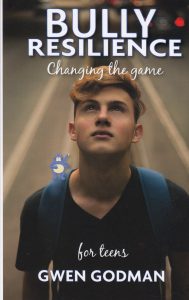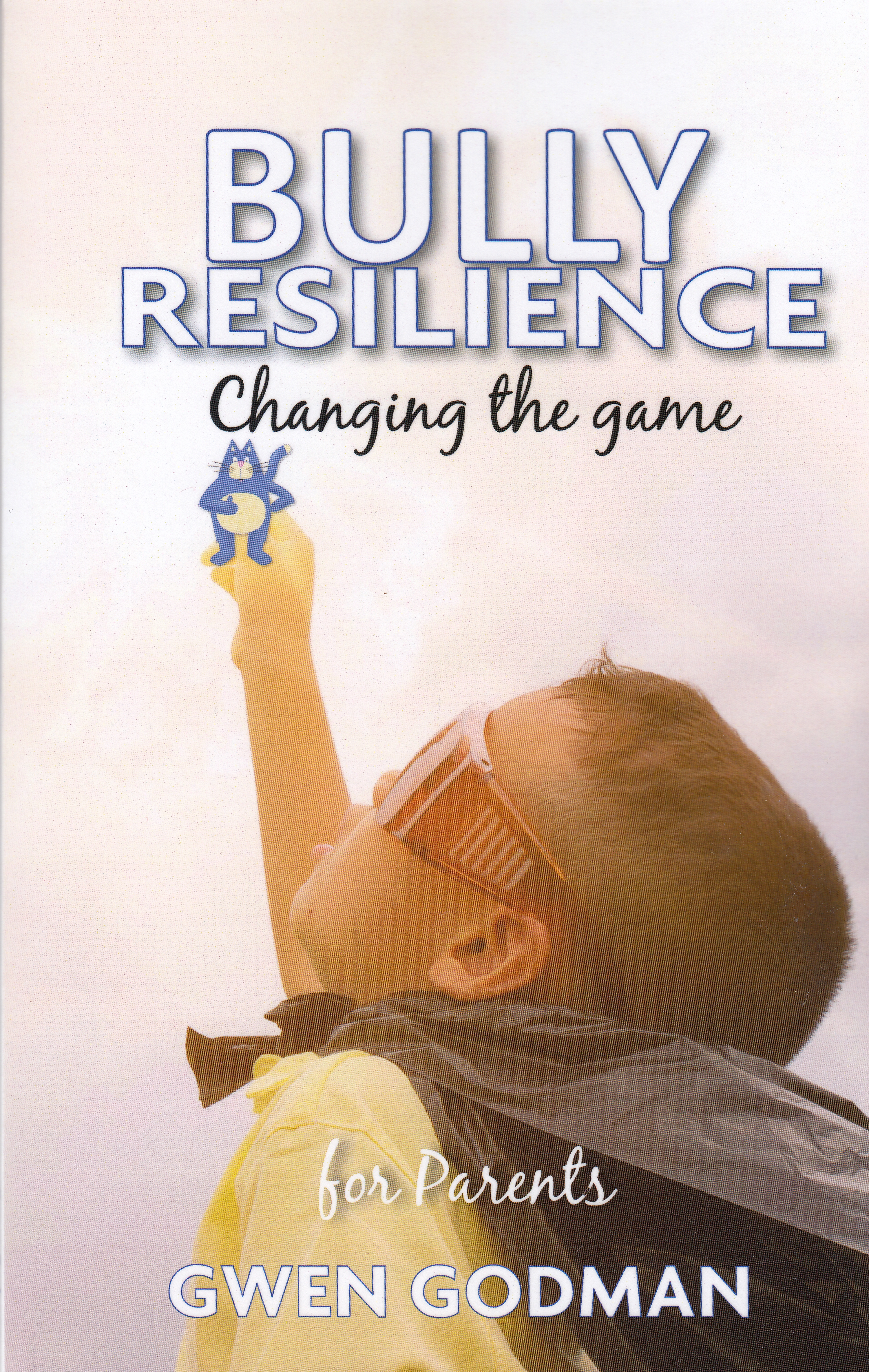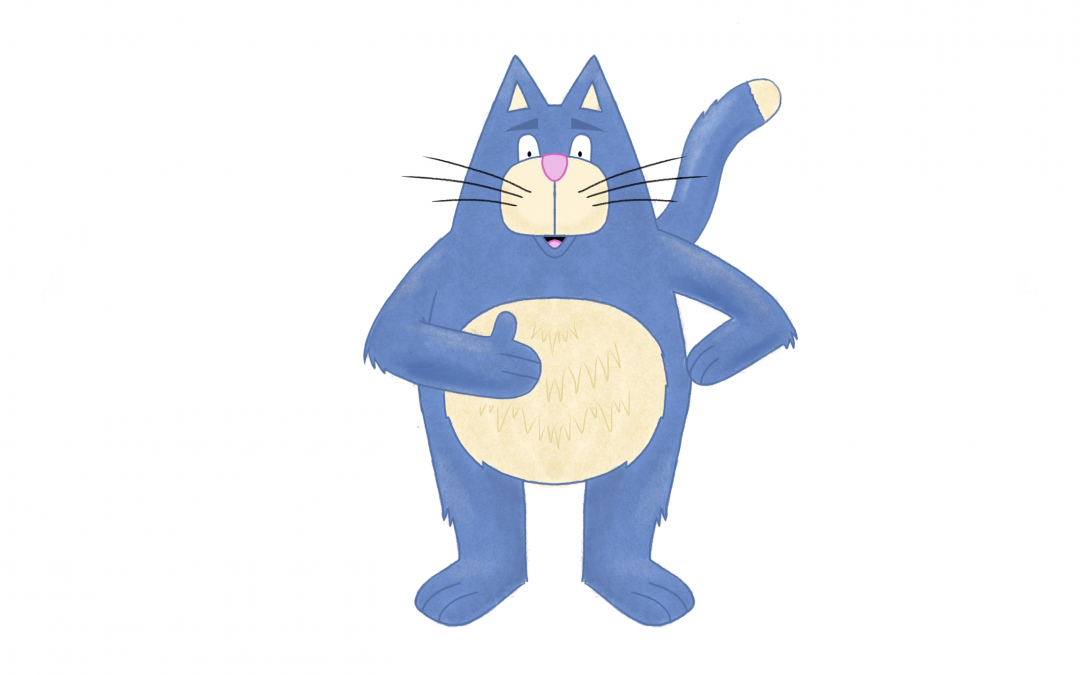
For the past year I have been working on the workshop presentation, and writing of a book which I have named, Bully Resilience: Changing the Game. I began by writing about it through my blog posts and the book is now completed. However, the desire to help those caught in the bullying process started long before this.
Around 2001, I wrote a short novel for middle-primary aged children, about a boy who suffered from bullying and who felt quite different. Charlie’s Unique Problem, did the rounds of some prominent publishers and I am the proud bearer of the rejection letters that followed. Ten years later, Charlie’s Unique Problem, was adapted to the stage and it was my privilege and honour to watch 150 children bring this story to life with several original songs, costumes and character portrayals. The message? The importance of accepting yourself just as you are.

Bob, the bully in the game.
Bully Resilience: Changing the Game, takes a different look at bullying, by unpacking the nature of, what I refer to as, the Bully-game which is governed by two conditions: an insult and a reaction. This game plays by fairly predictable rules, and often uses a known repertoire of teasing topics. This approach also looks at those who are caught up in the game, and considers what it is that maintains their participation, especially the unwilling player whom we may refer to as the victim. What is it that keeps the tease/reaction cycle going?

Ollie, the victim in the game.
Using behaviour analysis, parents and teachers are encouraged to look beyond the behaviour that they may see. Behaviour is viewed as the result of either something that has gone before (thoughts, feelings, events), or as the result of being reinforced by what follows (a reward, a reinforcing message). This broader perspective, provides opportunity for positive change.




The next component of this approach are four strategies which can be used when faced with teasing and bullying. These four strategies are the new rules for a New-game. Perhaps their New-game can be called, ‘You-cannot-upset-me-game’. This New-game is bolstered by the knowledge and understanding of what it means to be true to yourself and to value yourself. This New-game is where you exercise their ability to choose, to no longer get sucked into the Bully-game. The four strategies are 1. Draw a line and create separation, 2. Do not respond to taunts and teasing, 3. Switch off unhelpful social media, 4. Find your voice and speak assertively.
Click here to purchase:
Bully Resilience: changing the game – A Parent’s guide.
Also now available: Bully Resilience – Changing the Game: For Teens.
This book has been adapted for the adolescent reader with many more illustrations and simplified explanations.



Illustrations by Matt Glover.
About Gwen,
Gwen is a school teacher, counsellor, author and presenter. Gwen’s counselling practice caters particularly for children, adolescents, teachers and parents, as well as generalised counselling. She works with individuals in relation to mental health and wellbeing. Gwen is the author of Bully Resilience: Changing the Game. See www.equipcc.com.au for more information.


Recent Comments